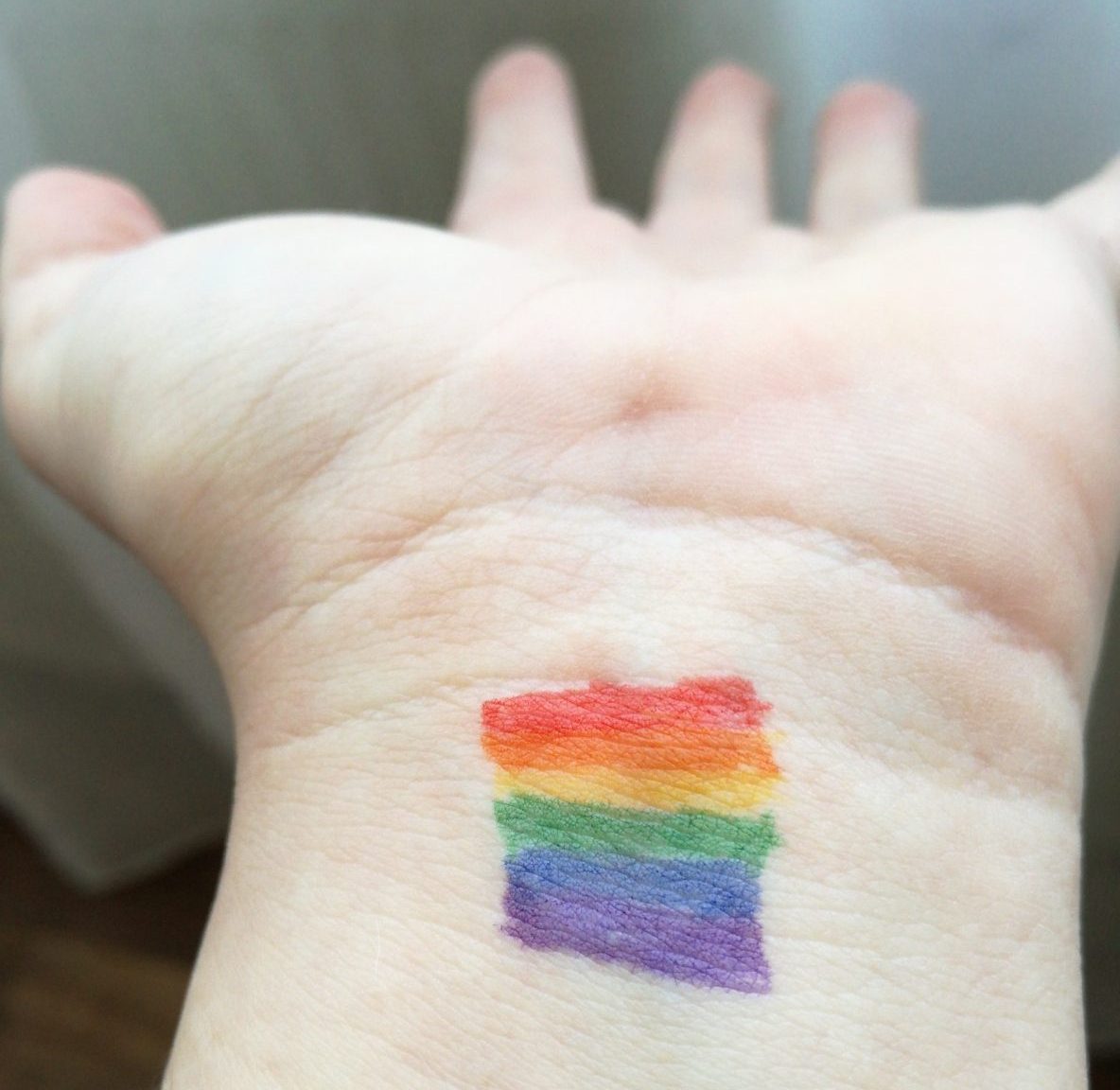Policy Summary: On June 15, 2020 the United States Supreme Court handed down the decision Bostock v. Clayton County. The case consolidated a number of cases because of a similarity of fact patterns and issue at the heart of each case. In Bostock, a county employee was fired for “conduct unbecoming” when the county discovered that the plaintiff had joined a gay recreational softball league. In Altitude Express, Inc. v. Zarda, Donald Zarda was fired by his employer after they discovered that he was gay. And in R.G. & G.R. Harris Funeral Homes, Inc. v. Equal Employment Opportunity Commission, Aimee Stephens initially presented herself as a male to the funeral home when she interviewed for the job but after she was hired she informed her employer that she intended to live and work as a woman. She was subsequently fired. In each case the fired employee brought a lawsuit under Title VII of the Civil Rights Act of 1964 alleging discrimination based on sex in the appropriate federal district court with each eventually finding their way to a separate circuit court of appeals. The Circuit Court of Appeals for the Eleventh Circuit ruled that the employer was justified in firing Gerald Bostock. However, the Second Circuit in Mr. Zarda’s case and the Sixth Circuit in Ms. Stephens’s case both ruled that that each had a claim to sex discrimination under Title VII and allowed their cases to proceed. The cases were then appealed to the Supreme Court.
In a 6 – 3 decision authored by Justice Neil Gorsuch, the court held that an employer who fires an employee for being gay or transgender violates Title VII of the Civil Rights Act of 1964. LEARN MORE
Policy Analysis: The decision in the Bostock case is seen as a landmark ruling for LGBTQ rights but there are other issues lurking in the decision that needs to be monitored in case there is an attempt to water down the decision or significantly alter its effect in the future.
First, the case was considered a surprise because of the current makeup of the court. Justices’ Neil Gorsuch and Brett Kavanaugh, two recent appointees by President Trump, are considered conservative jurists and their appointments shifted the balance of the court and gave the court a solid five vote conservative majority.
So while the LGBTQ community is celebrating the decision, it is important to note that this case was more about rules of statutory construction (meaning of the phrase “because of sex) rather than a vindication of LGBQT rights based on constitutional principles. Justice Gorsuch’s majority opinion tries to take an “ordinary meaning” approach and finds “because of sex” based on biological distinctions between male and female and how “because of” is used in other statutes without the word “sex.” Justice Alito’s dissent wanted to interpret the term “sex” as it meant when the statute was passed in 1964. But Justice Kavanaugh had the most interesting argument in his dissent because he found Justice Gorsuch’s analysis based on a “literal meaning” of the phrase instead of an “ordinary meaning” of the phrase which can elicit more than one meaning especially when applied to the word “sex.” It may be confusing but the point is that the Supreme Court as now composed came to this celebrated decision by accident through tedious wordplay rather than out of any genuine concern for the LGBQT community.
In the future, possible amendments to Title VII could conceivably change the law and another Supreme Court case could with one case severely curtail many of the constitutional rights that the LGBQT community has come to rely on. A number of justices have expressed skepticism over the “right to privacy” and 14th Amendment “fundamental rights” which were used to decide the landmark LGBQT cases Lawrence v. Texas and Obergefell v. Hodges. There is still a hostility in the Supreme Court towards LGBQT as a fundamental right under the Constitution that should give activists pause that the court will always be receptive to upholding LGBQT rights, the Bostock decision last week notwithstanding. With the right case, the Supreme Court could easily take the opposite position.
Finally, the decision did not specifically address and simply passed over the issue of how LGBQT rights and religious liberty will co – exist under the law. This has been a thorny issue as many religious persons and communities have been relying on their freedom of religion as a way to deny LGBQT persons from participating in American society. In the wake of the Bostock decision, a number of religious leaders expressed concern over the Supreme Court decision and voiced worries about now being exposed to lawsuits because of their hiring practices that are based on their religious beliefs. It is entirely conceivable that the Court could protect LGBQT rights today but side with religious advocates against LGBQT persons tomorrow. Advocates for LGBQT rights have won a victory but there are still many issues at play that could be dealt with by Congress and the Supreme Court in the near future that could still go in any number of directions – both good and bad. LEARN MORE
Engagement Resources:
- American Civil Liberties Union (ACLU) – non – profit group’s statement on Bostock decision.
- Lambda Legal – non – profit group advocating on LGBQT issues press release on Bostock decision.
This brief was compiled by Rod Maggay. If you have comments or want to add the name of your organization to this brief, please contact Rod@USResistnews.org.

